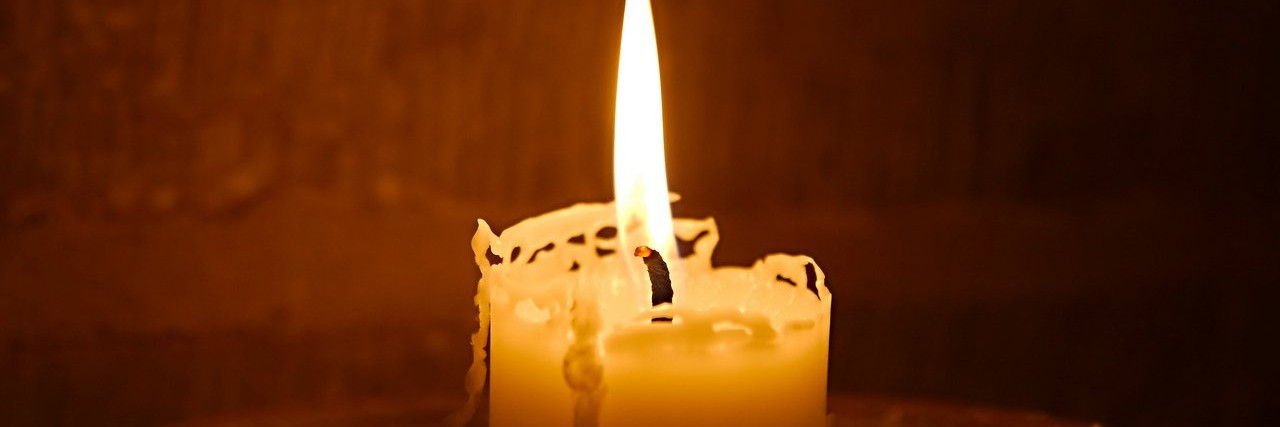For John, my younger brother with autism, death is his biggest fear. He’s afraid of what will happen when to him after Dad, Mom, Joe (our older brother) and I die. We’ve tried to assure him he will always be taken care of either by a family member or by the state. But his fear of the unknown frightens him to tears.
Throughout John’s life, family members have passed away. Since John hardly knew them, their deaths were sad but not emotionally impacting. But this all changed after Grandpa died in April 2015. This was the first death of a close relative. Through our experience with our grandfather’s death, our family learned how to help John cope with death and grief.
1. We were careful of what we said.
Grandpa died as a result of compilations from a fall. From the time of the fall to his death, we watched everything we said about the situation. With John’s intense fear of death, we didn’t want John to hear the details of Grandpa’s fall. He knew Grandpa was in the hospital, but that little information deeply affected him.
We decided to share as much information about Grandpa as possible outside of our home or when John was in school, at a friend’s house or when he was asleep. If information had to be shared when John was around, we would text, go to another room or speak in Spanish (John isn’t fluent in Spanish).
2. We monitored our mourning.
From the day of Grandpa’s death to the day of his funeral, we kept a close eye on our mourning. Mom didn’t want John to be more upset than he already was. We did cry in front of him to show him crying is a normal part of mourning. But we did our best not to lose control of ourselves. The last thing we wanted to do was to make John even more afraid of death.
As difficult as it was for us, it was even more difficult for John. He was trying to make sense of what was happening, as well as dealing with the multiple feelings brought up by Grandpa’s death.
3. We encouraged John to ask questions.
To help John cope with Grandpa’s death, we told him if he had any questions, we would do our best to answer them. By allowing John to ask questions, we felt it would help him understand and better deal with the grief of Grandpa’s passing.
Two days after Grandpa’s death, John felt ready to ask questions. The questions varied from “Why did Grandpa have to die?” to “What will happen to me when everyone dies?” This a hard conversation to have, but it helped him cope with the deep loss he felt.
4. We allowed him time to cope.
Two weeks after the funeral, Grandpa’s headstone was installed at the cemetery. The family went to go see it. I asked John if he wanted to come. All he said was, “When I’m ready.” We left it at that.
Later, on the first anniversary of Grandpa’s death, John went with us to visit him. After looking at the grave, he rushed back to the car and stayed there until we left. The reality of Grandpa being under the ground was too much for him. I give John credit for going to the cemetery and facing his fear.
5. We let him know he’s safe.
John went to the cemetery because he felt safe. He knew if he had an issue there, we would help him work through it. Before John could feel safe, he needed to feel he could trust us. It took many years to build up the trust John has with us. Now he knows he can come to us with a problem, and we will help him.
We have no control of what will happen tomorrow. That’s the cold truth. Currently, we’re taking legal steps to ensure John will be protected, whether it’s a family member or the state.
There’s no easy way to talk about or prepare for post-death arrangements, but we need to prepare for the inevitable.
The Mighty is asking the following: What’s one thing people might not know about your experience with disability, disease or mental illness, and what would you say to teach them? Check out our Submit a Story page for more about our submission guidelines.
Lead photo source: Thinkstock Images

